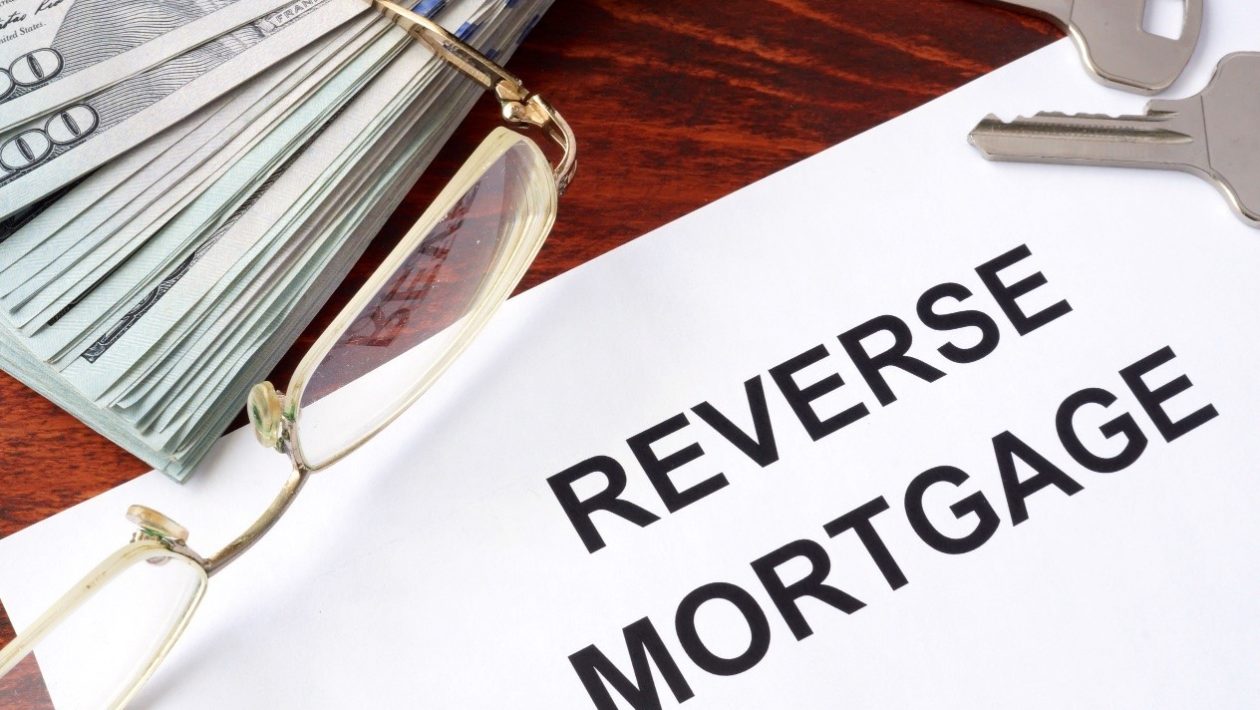Back in the day, while you were still ready to work hard, you’ve decided to buy yourself a home. Of course, you had to get a mortgage for that, because you didn’t really have the cash just lying around. This is how most people did things in the past, and it is also how most people do it today. Given that you are here, though, I think it’s safe to say that you haven’t stopped using similar financial solutions in the past and that you have actually taken out a reverse mortgage as well. Go here to learn what this is if you’re not sure.
It seems that you never stop thinking of finding good financial solutions for you. After all, you wouldn’t be here right now if you weren’t toying around with the idea of refinancing the reverse mortgage that I have mentioned. Well, you might be over 60, but your financial instincts are still kicking in, since you might be onto something here.
Before I get to explaining what you might be onto, I need to make it absolutely clear what a reverse mortgage is. After that, we will proceed towards actually letting you know if you can refinance it. And, if the answer turns out to be a “yes”, I’ll also help you get a better idea about how to do this. Let us take it one step at a time.
What Is A Reverse Mortgage?
To put it as simply as possible, a reverse mortgage is essentially a loan designed for homeowners over 60. The interesting thing is that this isn’t a loan that will require you to make payments. I know this sounds a bit counterintuitive and, well, too good to be true, but that’s just the way it is. You borrow the money against the equity of your home, and the debt becomes payable after your death, or after you permanently move out or sell your home.

Here’s more about how all of this works: https://www.investopedia.com/mortgage/reverse-mortgage/
Can You Refinance Your It?
Given that you are here, though, I think that you already know precisely what a reverse mortgage is and I’d say that you have also already borrowed money this way. Yet, you have something else in mind right now and you are wondering if what you are thinking is actually a possibility or not. In short, you’re thinking about refinancing your reverse mortgage, and you want to figure out if that is even possible.
Well, let me cut right to the chase here and give you the short answer. Basically, yes, this is very much a possibility and you can start the refinancing process pretty quickly if you want to do it. Perhaps there is a more important question to be asked here, though. Instead of asking whether you could do this, you should be asking whether you should do this. Not all financial decisions are smart ones, and I’m sure you want to be smart about yours.
Should You Do It?
The truth is that there is no one single answer to this question. When refinancing your reverse mortgage, you can either get a new one, or you can even get a cash-out refinance. There are various options and there are also various reasons why this might be a great or a poor idea for you. It is all very much individual.
A good rule to go by, though, is that you should refinance if your new loan has better terms than the existing one. There are a lot of reasons why the terms may change and become more favorable. The situation on the market is certainly changing constantly, and this industry is not an exception to that rule. So, when trying to decide if you should refinance a reverse mortgage, try to think about the benefits that you’ll get and go for it if you like those.
How To Do It?
Now that some of the most significant questions have been answered for you above, there is only one more left to talk about. Basically, you want to know precisely how you can refinance your reverse mortgage. Well, first things first, you will need to check your eligibility for this option, as there are certain requirements you’ll need to meet. For instance, you need to be over 60 and own and live in the home you’re borrowing against, and you also have to be free of federal debt, as well as have finances to pay property taxes etc.
You’ll learn all about those requirements once you find a good lender, though. And, that is your main task in this process. Simply put, research several lenders, listen to the requirements and compare their offers. Then, choose the option that you believe to be best and start the refinancing process. It really isn’t that complicated.










